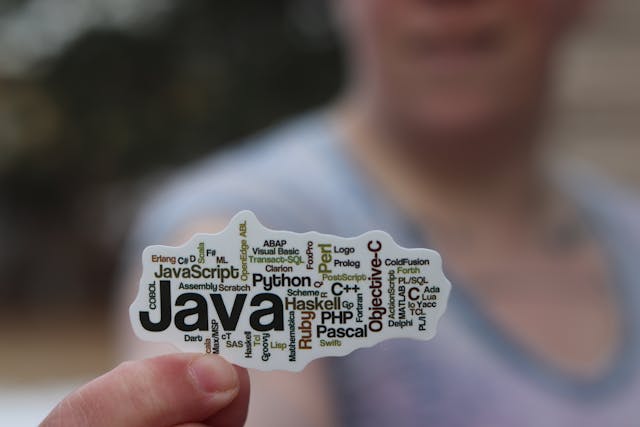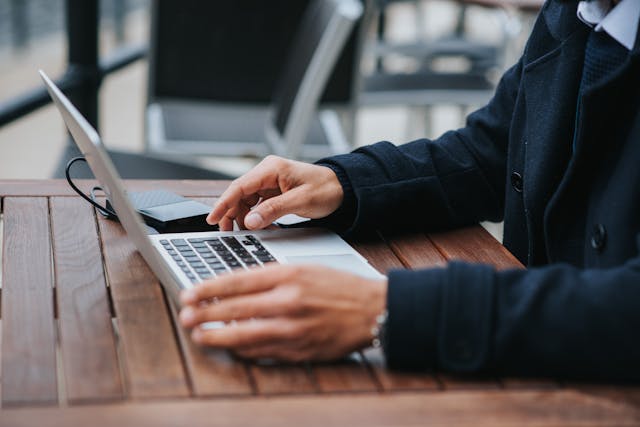How to Protect Your Phone from Data Breaches?
You use your smartphone for multiple functions in your life. From paying bills to ordering food and listening to music, you have a lot of possibilities right in your hands. This means that you often put your personal and financial information into your phone. Furthermore, with devices increasingly synced with each other, your central Google account is also accessible on your phone. Therefore, if your phone is breached, then you may be in for a world of trouble.
The safest place to use your phone with sensitive data is your house with its private network using your Cox bundles. However, the point of a phone is to have what you need on the go, so you need to implement some other safety measures as well. These will protect your data from being breached, and let you preserve your peace of mind. Here are a few measures you must take to prevent data breaches from happening.
Table of Contents
Use a Two-Step Authentication System
A two-factor authentication system is the best way to go when you want to protect your accounts. This way, you’ll have to confirm on your phone and another device whether you’re the person who’s trying to log in.
These factors include strong passwords, authenticator apps, device confirmation, and secret questions. Make sure you don’t use your personal information in any of these and do your best to make your phone’s log-in security as strong as possible.
Use Biometric Verification
Biometric verification is the best way to confirm whether you’re the one opening your phone. Activate your fingerprint verification or facial recognition, whichever one you prefer. Most phones now have either or both, improving their safety measures.
Unless you’re coerced to open your phone yourself, no one can enter it. However, coercion is a far-fetched situation, so enabling biometric verification is the best thing you can do to protect your data. If you want someone trusted to be able to open your phone, you can add their fingerprints to your phone as well.
Install an Anti-Virus & VPN
An anti-virus or anti-malware program will keep out most external threats from your phone. Get one of these, and it will keep out any malicious files or viruses. Make sure you get a legitimate one, or you’ll be exposing your phone to even more vulnerabilities.
In addition, if someone is trying to hack your phone, a VPN will prevent them from zeroing in on it. Use a VPN for sensitive websites or financial information, so that it is hard to track. It will basically mask your location and IP so that hackers are thrown off the trail.
Give Apps Limited Permissions
Do not give all your apps permission to access your files and camera etc willy-nilly. Instead, give most apps highly limited access, especially ones which you barely use. Android phones have an option that asks you for permission every time, so you should enable that for less-used apps.
Only give each app the relevant access it needs, and try to keep sensitive files in locked and secured folders on your phone. All of this will protect your phone from data breaches and block your files from being leaked in case a breach does occur.
Don’t Use Public Networks
When you’re out and about, you may often be tempted to use public Wi-Fi networks. However, you should try to use your own mobile network data instead. This is because public networks are the perfect place for hackers to get into your phone and exploit its data.
You may see something as innocent as an update pop-up while using a public network, but it might actually be something much more malicious. Therefore, do not use public networks, and absolutely do not download any files if you do have to use them at some point. Instead, use your mobile data, or wait till your get to your home or office to use a secure private network.
Set Up Phone Tracking & Remote Wipe Facilities
In case your phone is stolen, your first priority should be to track it down or wipe your data. Set up a find my device account and use it on some other device to find your phone. It should tell you the exact location of your phone and also let you remotely wipe its data.
This way, you can track down your phone to find it, or wipe the data if you feel you cannot take the chance of anyone opening it. Make sure you remember the details of this account so that you can refer to it if such an eventuality occurs.
To sum up, you need to protect your phone to prevent any breaches and data leaks. Use all the tools you have at hand to keep your data safe and wipe it in case your phone is stolen.









